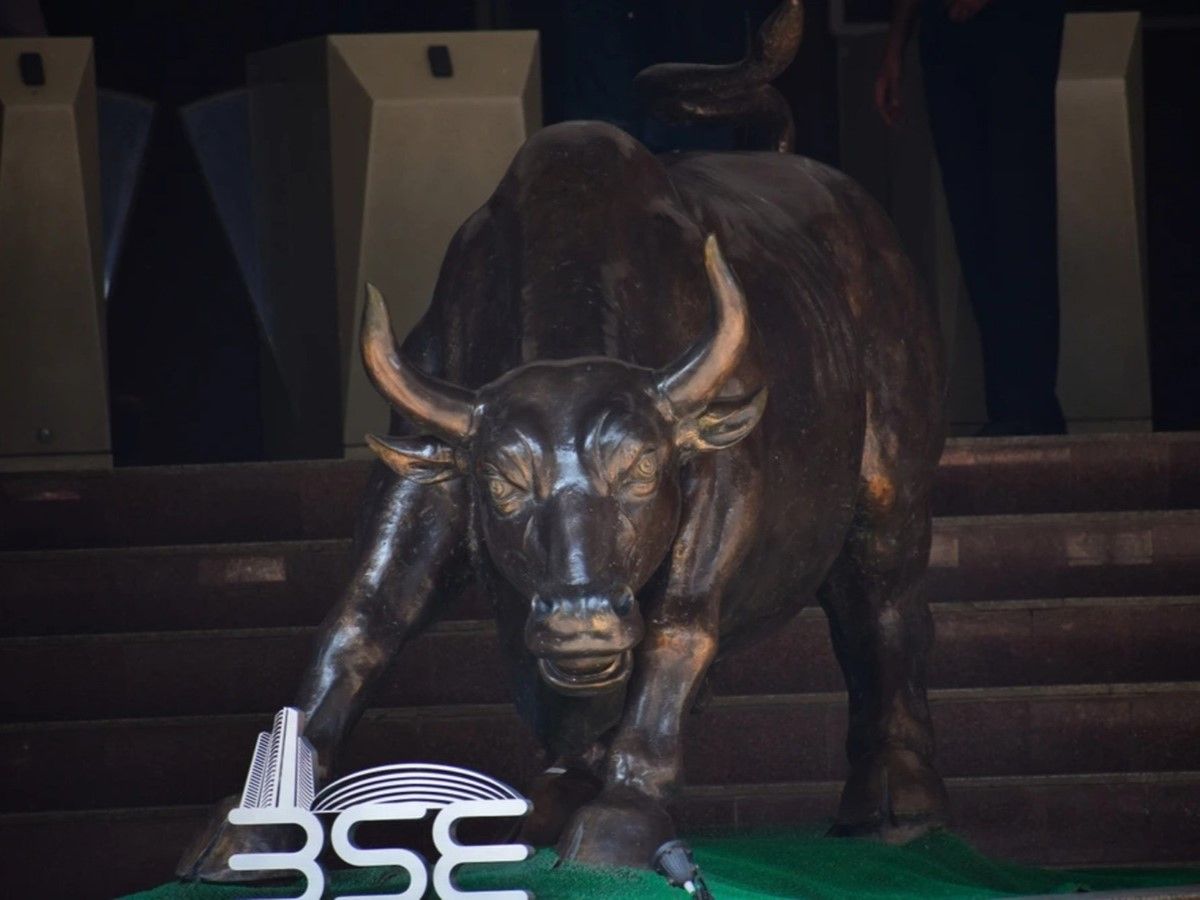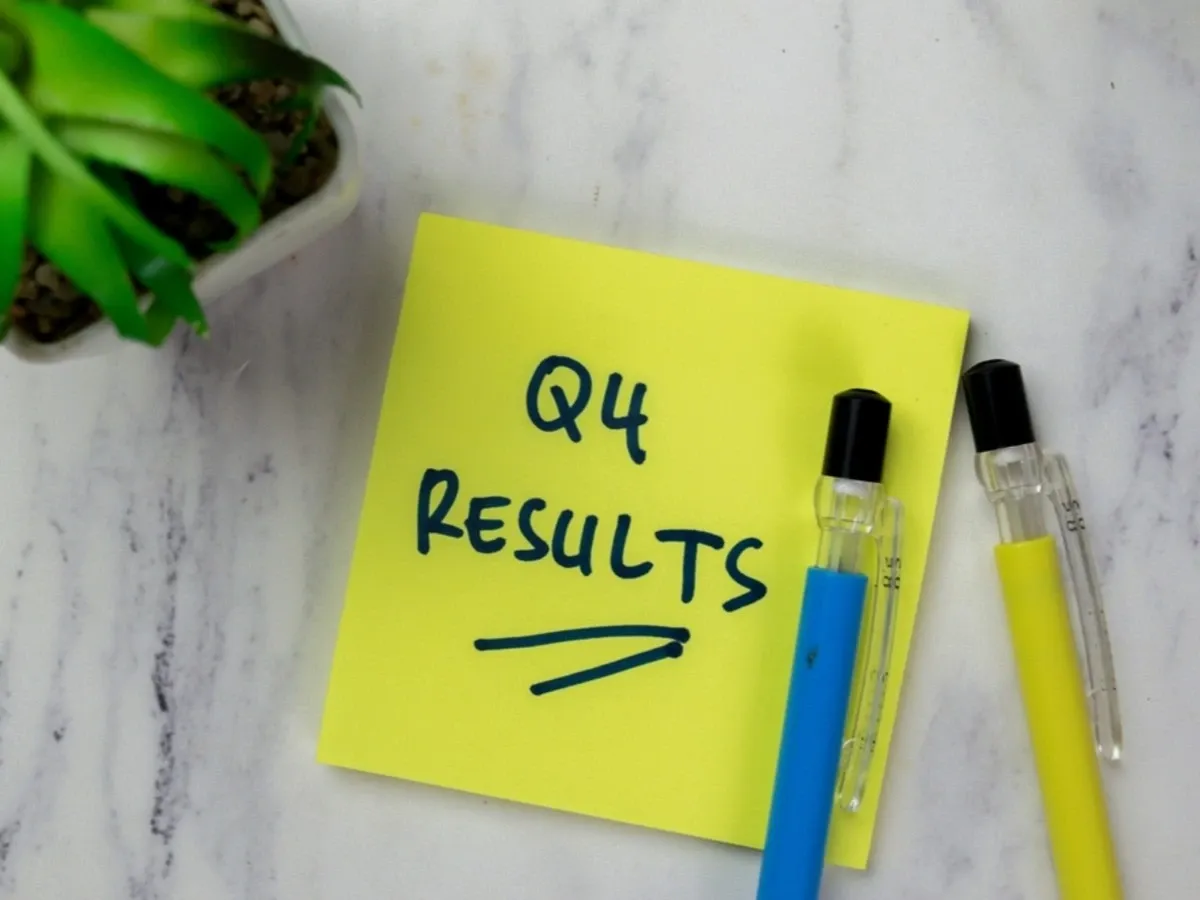Market News
SENSEX, NIFTY surge over 10% in one month, investors' wealth swells by ₹38 lakh crore; five factors that drove the rally

4 min read | Updated on May 06, 2025, 12:21 IST
SUMMARY
With the surge in NIFTY50 and SENSEX, the investors' wealth has soared by ₹38 lakh crore since April 7. The surge in the equity market was led by banking shares as the measure of the top 12 banking stocks on the NSE, the NIFTY Bank index, has climbed 10% in line with the benchmarks.

As per data from stock exchanges, the NIFTY50 index has advanced 10.37%, and the SENSEX has gained 10.47% in last one month. | Image: BSE
The Indian equity benchmarks have been witnessing a strong uptrend for the last one month as both benchmark indices, the 30-share SENSEX and NIFTY50, have rallied over 10% in the last one month, data from stock exchanges showed.
With the surge in NIFTY50 and SENSEX, the investors' wealth has soared by ₹38 lakh crore since April 7. The surge in the equity market was led by banking shares as the measure of the top 12 banking stocks on the National Stock Exchange, the NIFTY Bank index, has climbed 10% in line with the benchmarks.
As per data from stock exchanges, the NIFTY50 index has advanced 10.37%, and the SENSEX has gained 10.47%.
Here are key factors that led to a sharp uptrend in the Indian equity market:
Global trade optimism
The sharp rally in the markets was triggered after the United States (US) President Donald Trump announced a 90-day pause on reciprocal tariffs on all countries except China. This development caused major markets in the world to skyrocket. Following Trump's decision, Nasdaq in the US surged 12%, posting one of its best days in history.
Hopes of bilateral trade deals with the US, Europe and the United Kingdom also kept the bullish sentiment alive for equities over the last month.
The US is “very close” on a trade deal with India, US Treasury Secretary Scott Bessent said last month, noting that it is much easier to negotiate with Delhi because of the high tariffs and talks with the country are “moving well”.
Bessent made these remarks at a press briefing in the White House. Earlier, Bessent told CNBC that India is likely to be among the first countries to finalise a bilateral trade agreement with the US to avert reciprocal tariffs.
Strong FII flows
Foreign institutional investors (FIIs) continue to buy shares in Indian markets, adding to positive investor sentiment. FIIs bought shares worth ₹2,788.66 crore on Monday. FIIs turned net buyers in the Indian equity markets for the first time since the start of this year in April, data from the National Securities Depository Limited (NSDL) showed. FIIs bought shares worth ₹4,223 crore in April after they sold stocks worth ₹1,16,574 crore in the first three months of 2025.
One of the key reasons for FIIs turning net buyers is the drop in the dollar index and subsequent rise in the rupee against the US dollar. The dollar index dropped below 100 after hitting a high of 110 earlier this year.
Robust Q4 earnings
Some green shoots are also visible on the earnings front as most of the large cap companies have exceeded the earnings expectations in March quarter. Reliance Industries, the country's most valuable company, last month reported a net profit of ₹19,407 crore for the January-March quarter (Q4FY25), marking an increase of 2.41% from ₹18,951 crore logged in the same period last year.
Its revenue from operations advanced 10% to ₹2,64,573 crore at the end of the March quarter, as against ₹2,40,715 crore reported in the year-ago period.
Analysts on an average were expecting it to report net profit of ₹18,400 crore.
Strong earnings report by Reliance Industries came after the country's top two lenders HDFC Bank and ICICI Bank surprised investors by posting strong numbers in Q4FY25.
Drop in crude oil prices
Crude oil prices have been on a declining trend of late after OPEC+ announced a hike in the output to 411,000 barrels per day from June.
WTI crude oil futures fell more than 3% to around $56.2 per barrel on Monday as OPEC+ agreed to ramp up production, fuelling fears about a global supply glut. OPEC+ will accelerate oil output hikes for a second consecutive month, raising output in June by 411,000 bpd.
Lower crude oil prices augur well for the Indian economy, as India imports most of its crude oil requirements.
Broader markets outperform
In the ongoing surge in equity markets, broader markets have outperformed their larger peers as the NIFTY Midcap 100 index has advanced 12%. The sharp up move in the NIFTY Midcap 100 index came on the back of buying interest in defence shares on the back of value buying after a massive correction.
The NIFTY India Defence index has outperformed all the major sector gauges by rising as much as 20% in the last one month.
About The Author
Next Story


